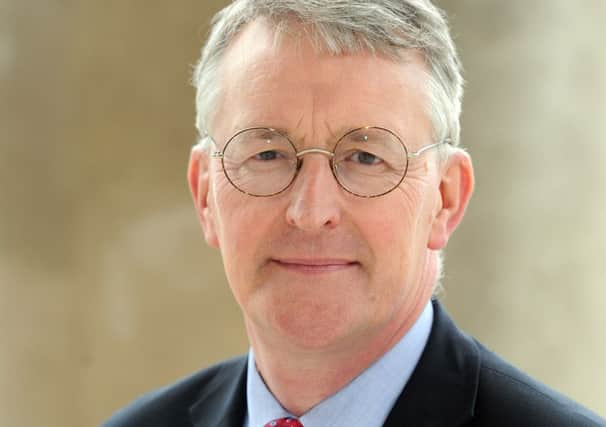Coalition cuts drive ‘hitting poorest parts of region hardest’


A study by local government finance experts at Newcastle City Council shows Sheffield, Bradford, Doncaster, Hull and North East Lincolnshire Council have all had their spending ability cut by more than 20 per cent by the coalition Government.
Hull is revealed to be the hardest-hit council in the region – and one of the biggest losers in the entire country – with its spending power per head of population reduced by 24.9 per cent. It is also the local authority area with the worst issues of deprivation of anywhere in the Yorkshire region.
Advertisement
Hide AdAdvertisement
Hide AdLabour has contrasted the new figures with the Government’s own index of deprivation to show that the biggest cuts have all been targeted at the most deprived areas, with areas such as Liverpool, Middlesbrough and the poorest parts of London also among the hardest-hit.
Hilary Benn, Labour’s Shadow Secretary of State for Communities and Local Government and the MP for Leeds Central, said: “These figures are shocking. They show the direct impact of David Cameron and (Communities Secretary) Eric Pickles’s unfair policies.
“The Government claims that those with the broadest shoulders must bear the biggest burden, but they are doing the exact opposite and hitting the poorest communities hardest at a time hard-working people are already struggling.”
By contrast, some councils in the south of England have actually seen their spending power increase per head of population since 2010, despite the ongoing austerity drive.
Advertisement
Hide AdAdvertisement
Hide AdIn Yorkshire, the least hit councils were mostly small district authorities in North Yorkshire. Areas such as Selby, Harrogate, Hambleton and Craven have seen cuts of between six and seven per cent. The city of York’s cut was also only 7.7 per cent.